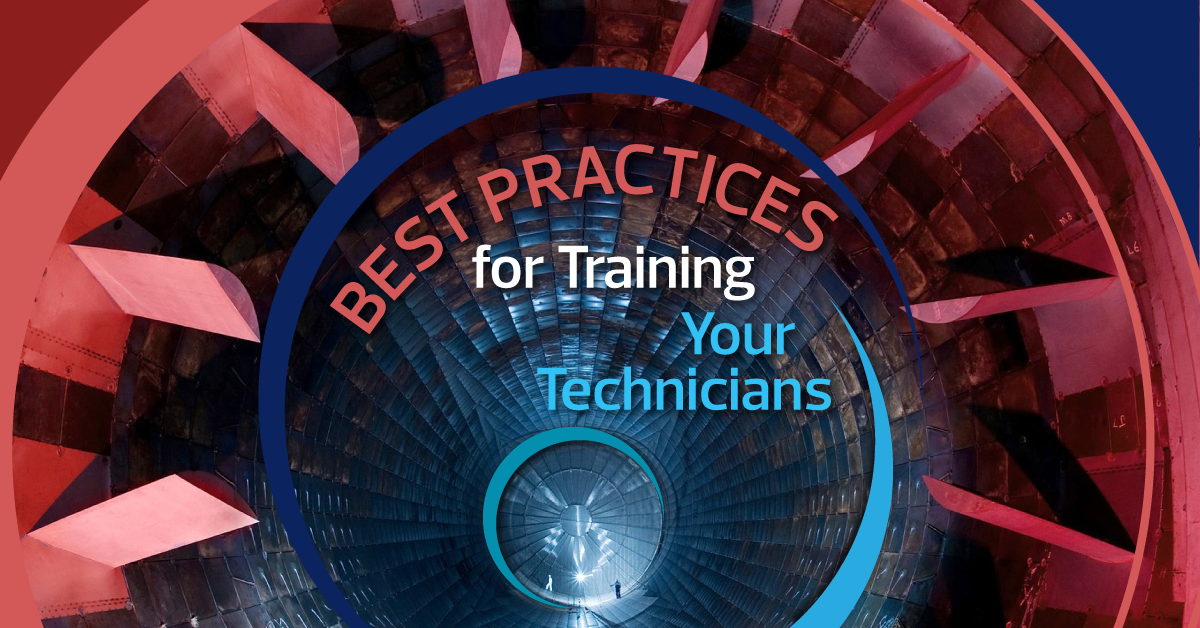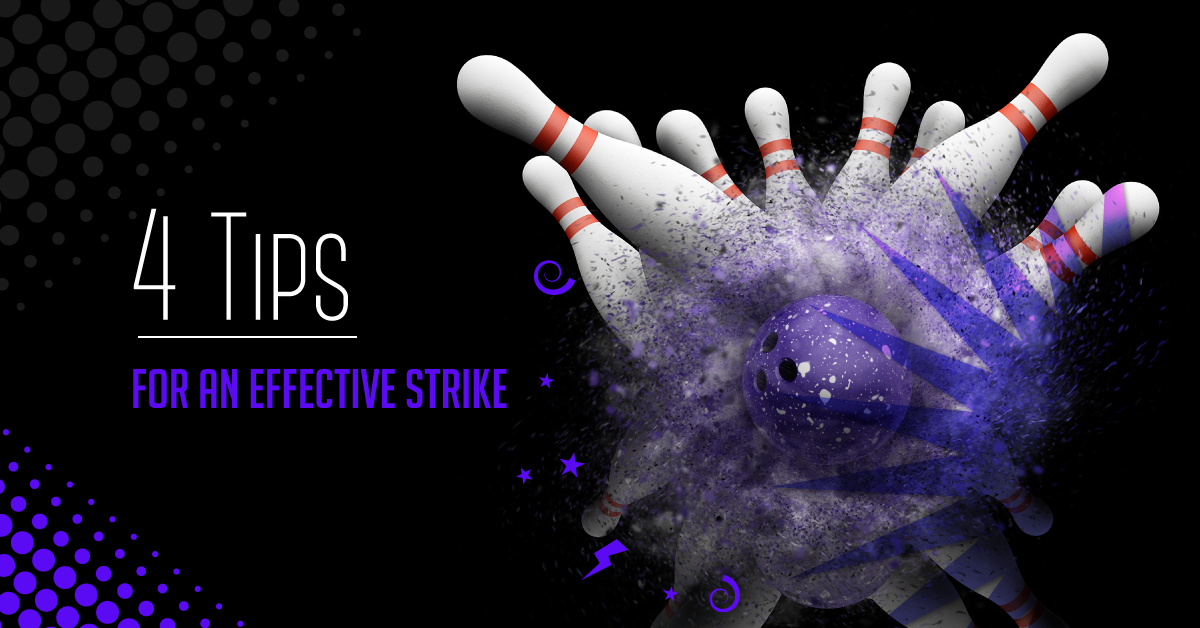Best Practices for Training Your Technicians
Lights, sound, special effects – these are the cherries on top of the sundae of your already amazing production. And for each fabulous effect that you add to your show, you’ll need an equally fabulous technician to operate each one. Most student technicians will have lots of excitement and enthusiasm but little to no prior experience and varying levels of confidence. Use these five tips to get your technicians trained and feeling confident before your upcoming production, and then sit back and enjoy both the performance and the growth of your students’ skills!
- Have a technical training session BEFORE it’s time for tech and dress rehearsals. Try your best not have your technicians’ first time operating their equipment be at tech rehearsal. This training session should include both classroom instruction as well as a practical section where students can interact with the equipment hands-on. This is a great opportunity for senior students and more experienced student technicians to lead the training sessions (perhaps for extra credit or volunteer hours?). You could also format the training sessions not only for specific, upcoming productions, but also as general information sessions for any student who might be interested in learning more about theatre tech – such as students studying communication technology, music, or trades – as many of the skills are transferable. You never know who might show up, and these students could potentially be your technicians of the future!
Create a training manual for each role – sound operator, lighting operator, wireless microphone assistant, spotlight operator, video operator, and any other applicable roles for your theatre department. Make copies or give students digital access to their respective manuals in advance of the show – preferably before or during your pre-show training session. For each piece of equipment, create a step-by-step list of how to turn on, operate, and turn off the system. Include photographs or videos if possible.
You also may want to post these lists in the area of the equipment for easy reference, whether that is the tech booth, backstage, or elsewhere. Go above and beyond by putting the sheets in a plastic page protector and providing a dry erase marker so technicians can physically check off each step as they go. If there is a specific teacher or person who is in charge of the technical equipment at your school, include that person’s phone number in the training manual or at the bottom of each list, in case there is an emergency.
- Give technicians copies of the script (and score, if applicable) in advance so they can familiarize themselves with the show. Invite technicians to observe some run-throughs of the show so they can get an idea of what to expect when it comes to technical rehearsals. Hold a meeting with the stage manager and technicians (or even better – let your stage manager lead the meeting) to explain any changes to the script, potential challenges for the operators, and overall instructions and expectations for performance time.
- Even if the student is a returning technician, do a refresher demonstration of the equipment at the first tech rehearsal with that student. It may have been a while since they have worked with the equipment and it is never a bad thing to be reminded of what needs to happen. There may also have been changes or improvements made with the equipment that the student will need to be updated on.
- Wherever possible, have a less experienced student technician shadow or assist a more experienced student technician , to learn the ropes of the role and the tasks associated with it. This gives the less experienced student a great opportunity to learn through observation, gain confidence (“If so-and-so can operate this, so I can I!”), and grow the leadership skills of your more experienced student through training the newbie. Peer mentorship is always a good thing!



